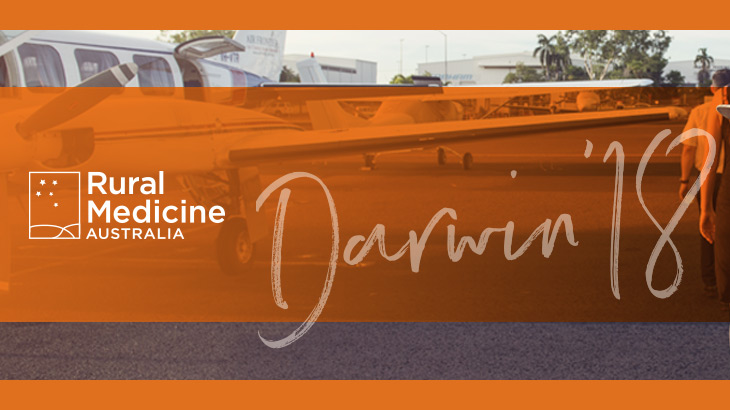DARWIN, Australia, 25th October 2018: Today, DermaSensor, the medical device company that seeks to enable healthcare professionals to efficiently check for skin cancer, presents its ground-breaking technology at the Rural Medicine Australia Conference in Darwin.
This annual conference and research/scientific health forum is hosted by the Australian College of Rural and Remote Medicine (ACRRM) and the Rural Doctors Association of Australia (RDAA). Nearly 500 rural doctors, medical students and other rural health stakeholders from across the country are expected to attend.
Rural Medicine Australia 2018 aims to educate and inform rural health professionals including junior doctors, students, educators, academics, and medical practitioners who are passionate about generalist medicine in rural and remote communities.
Tori Fox, Marketing Manager ANZ, Christian Orb, Commercial Director, ANZ and Palak Bhatnagar (Associate Manager of Medical and Business Development ) from the DermaSensor Team are in attendance conducting market research into use cases for the DermaSensor device, a breakthrough technology designed to augment clinician assessment of skin lesions for cancer.
“We are delighted to be exhibiting DermaSensor’s technology concept and presenting how it can help rural doctors efficiently check for skin cancer,” explains Christian Orb, Commercial Director, ANZ. “We look forward to meeting key stakeholders and health professionals to introduce the concept of a skin health service that’s efficient, accurate and affordable,” Mr. Orb says.
This exciting breakthrough was achieved using Elastic Scattering Spectroscopy – a technology pioneered at Boston University and University College London that uses light to evaluate cellular and subcellular structures of the skin.
The device is undergoing FDA and TGA approval and is expected to be available in Australia in 2020. This low-cost, easy-to-use device is beind developed to help healthcare professionals perform fast, accurate skin lesion assessments to detect skin cancer early and improve outcomes. The handheld DermaSensor device takes five quick recordings and the device provides a result, all in under 30 seconds
